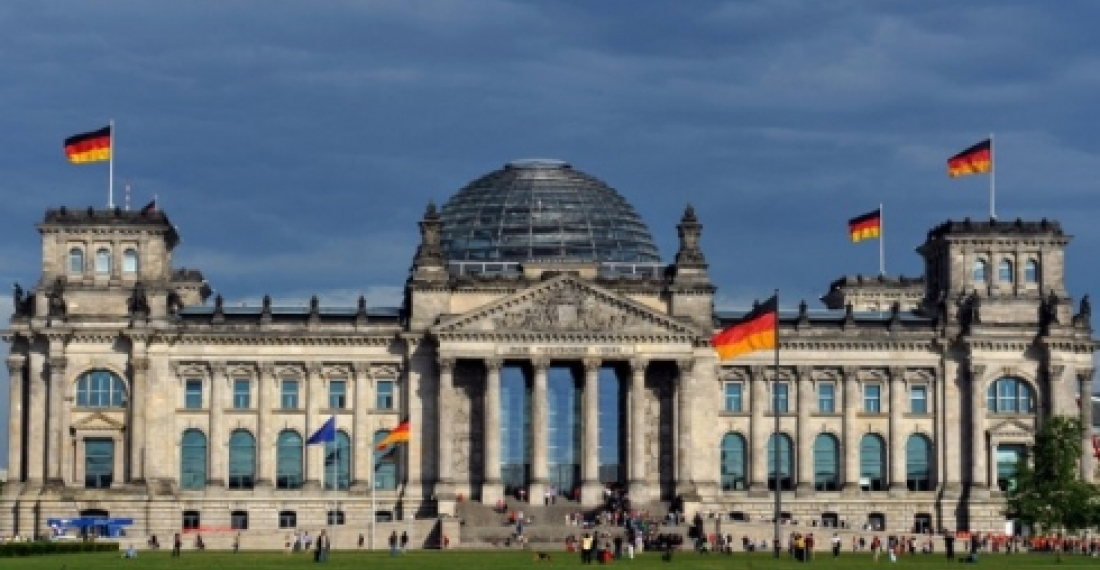The German parliament on Thursday passed a bill recognising the mass killings of Armenians at the end of the First World War as genocide.
The word was used throughout the Bundestag bill 'Remembrance and commemoration of the genocide of Armenians and other Christian minorities in 1915 and 1916,'which was supported by Chancellor Angela Merkel and her ruling Christian Democrat Party, as well as the Social Democrats.
Use of the word genocide in this context is controversial, and strongly opposed by Turkey. President Recep Erdogan phoned Merkel to voice his displeasure at the vote, while new prime minister Binali Yildirim called it ‘absurd’.
"It is not fair when the Armenian Genocide can not be called by its name only because the head of another state will be outraged by this," Armenian President Serzh Sargsyan told Bild, a German newspaper, on Wednesday.
The parliaments of over 30 nations, including Russia, France, Italy and Canada, have now recognised the events of 1915-16 as genocide. Successive Turkish governments have consistently opposed this.
“Facing the past can be painful for us, however in the same time it can be an honest and self-critical approach towards our own past,” said Norbert Lammert, president of the Bundestag, during the debates.
“It is important in the context of building relations with other states, which needs courage, for achieving mutual understanding and reconciliation.”
SOURCE: commonspace.eu and agencies
PHOTO: Bundestag






